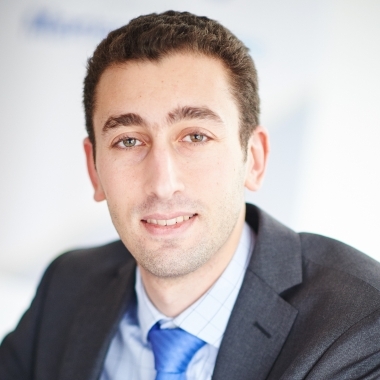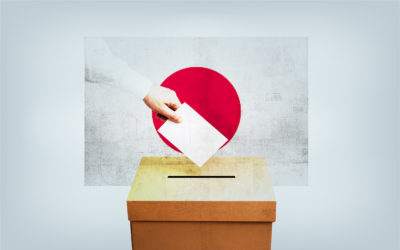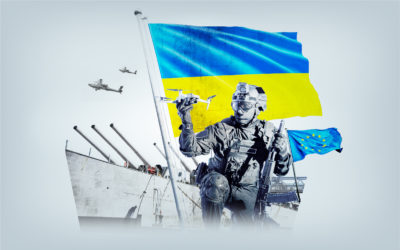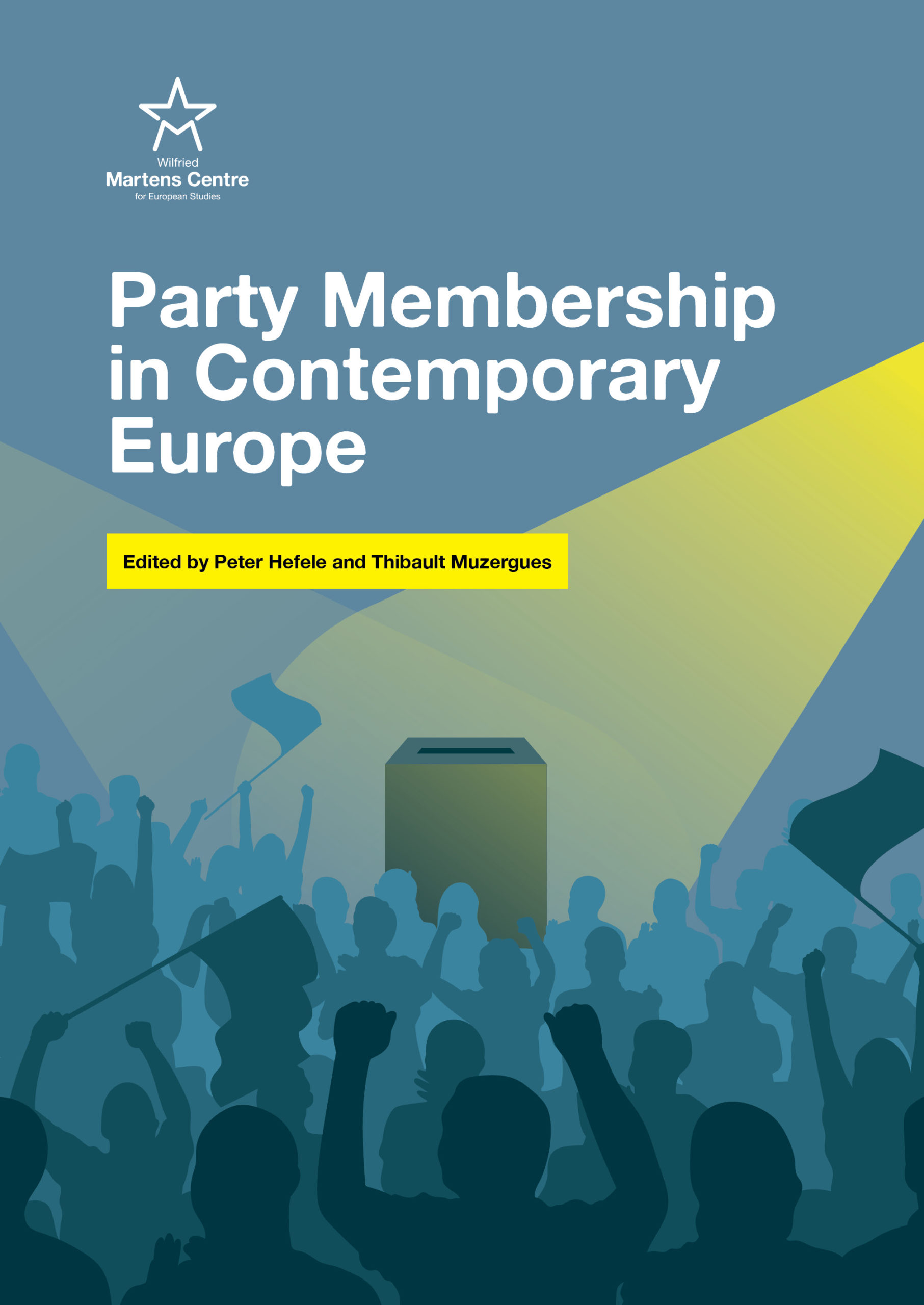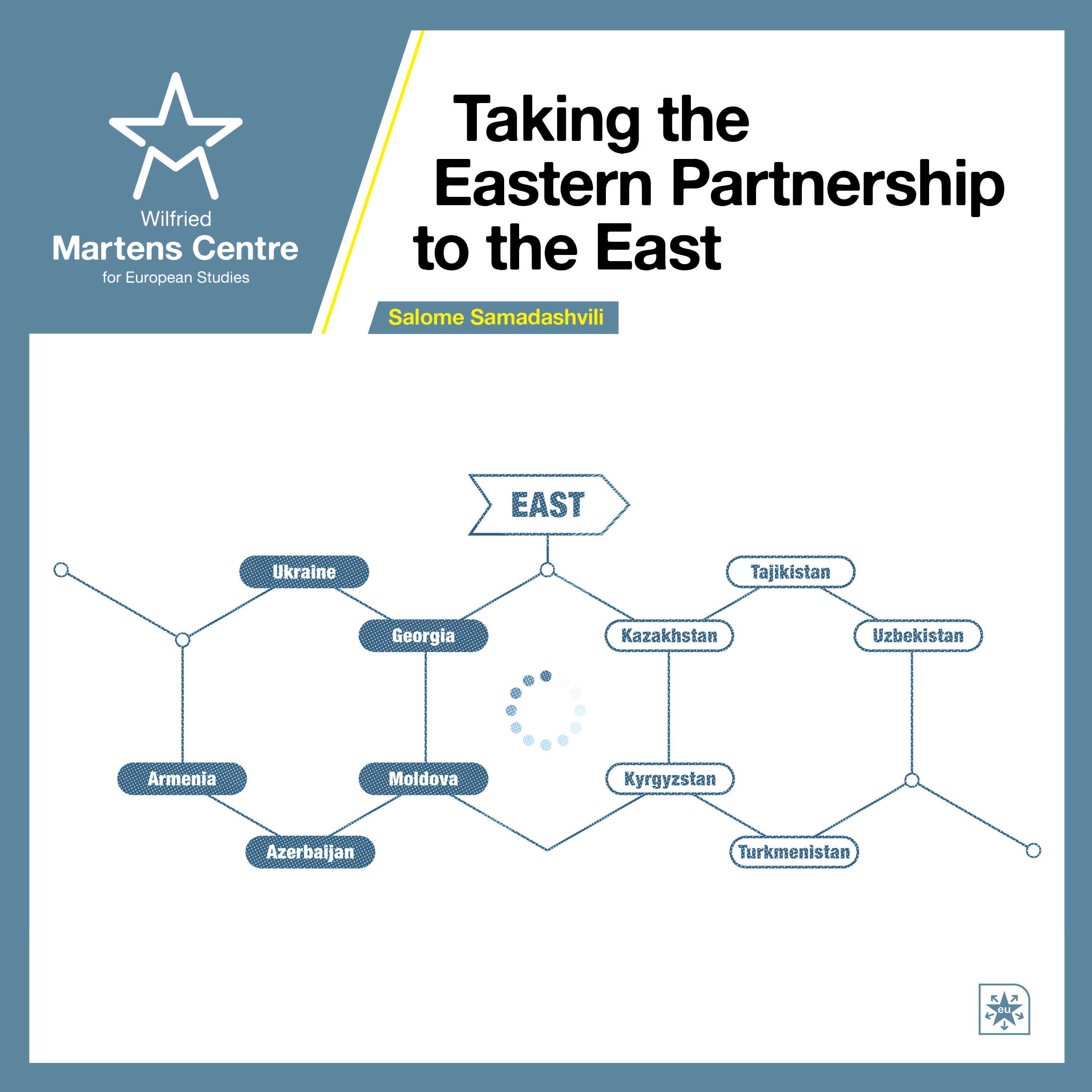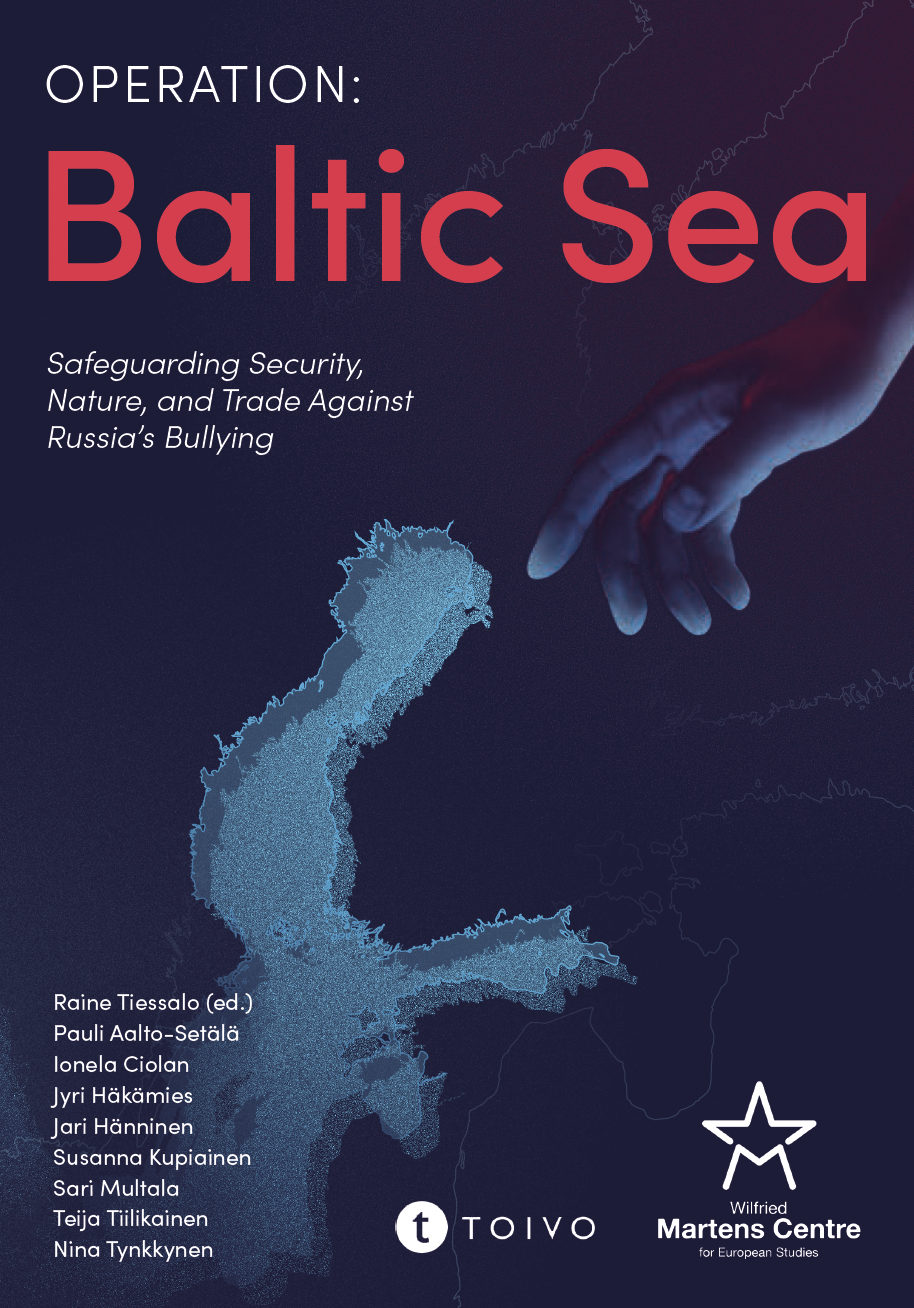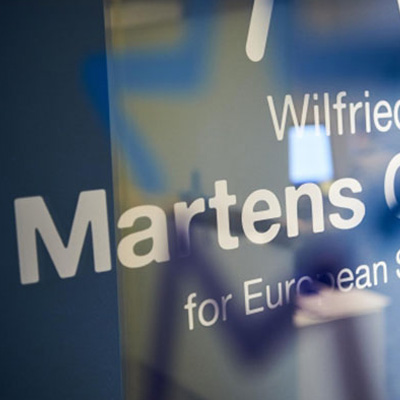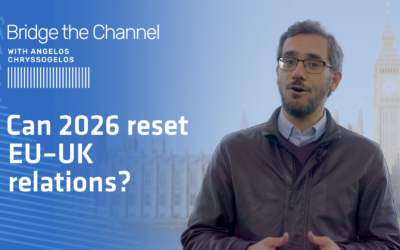Engaging the Middle East: A travel diary in Turkey, Jordan and Lebanon
26 March 2015
Upon leaving Europe for a research work with the Martens Centre, I have to admit I was mostly ruminating about the Islamic State. I came back with my thoughts focused on Iran and on how this country is now shaping events in Lebanon, the Palestinian Territories, Syria, Iraq and even Yemen, under the umbrella of a well-intentioned nuclear deal.

Iran fills a void left by the withdrawal of the Western powers from the Middle East but has enflamed the Sunni/Shia sectarian divide in the process. This is disastrous for the Middle East’s Muslims – UNHCR now counts 4 million refugees in the region. This is disastrous for minorities – Christians now represent less than 5% of the population, compared to 20% a century ago. This should be deeply worrying for Europe whose security is directly at stake.
 Christian wedding in Lebanon’s Bekaa Valley
Christian wedding in Lebanon’s Bekaa Valley
The EU is served on the ground by dedicated delegations that have spent roughly €3.2 Billion since the beginning of the Syrian civil war in 2011, “the largest aid package provided so far”, according to diplomats met in Amman. Those funds are vital to tend to the basic needs of affected populations. Yet is there a long term strategy of influence behind that money? Are we thinking about ways to alleviate the crisis? Western powers do conduct airstrikes, around 2500 so far, but Iran is facing the Islamic State on the ground and its Shia affiliates expect to reap benefits few Sunnis will accept.
President Obama’s refusal to bomb Bashar Assad after he crossed the announced ‘red line’, by using chemical weapons in September 2013, was a major turning point. Western nations have lost a great deal of credibility. Some allies feel outright betrayed: Sunnis in Iraq, opposition fighters in Syria, Christians in Lebanon. Europe and the United States are losing friends because of their failure to decide on a strategy and stick to it. US Secretary of State John Kerry’s recent statement about the “necessity to speak to Assad” surprised no one when I visited Beirut: “Iranians know how to play the long game, Westerners lack the patience”, one interlocutor said.
This long game is destabilising the region further though. The question for Europe is: how long can we let the pot go on boiling? Can we cope with a generation of poor and barely educated Syrians raised in refugee camps? How do we prevent the rise of a radical Sunni movement that war and misery breed and best embodied by the Islamic State today?
The good news is that civil society in the Middle East has awoken. That is why we should not make the mistake of reducing our engagement out of political/security fears or because we feel lost in the complexity of the oriental chessboard. This Middle Eastern civil society needs our attention and every sign of indifference or cynicism we give – lately French MPs meeting Bashar Assad for instance – has lasting negative consequences.
Europe should be prepared to take political risks and increase the effectiveness of its civilian-military response. And we should continue to engage our southern partners, develop new projects with them. The tide always turns for those who dare.

Refugee camp in Lebanon
ENJOYING THIS CONTENT?


